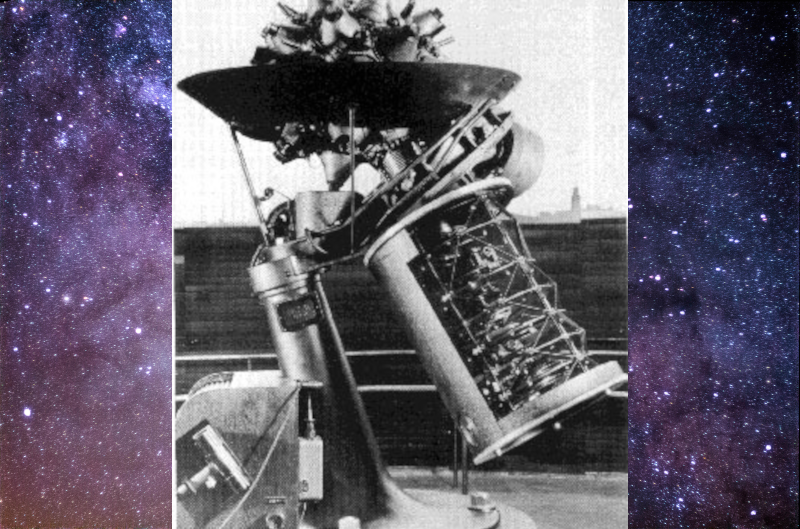It shouldn’t be a surprise that the idea of a planetarium originated with an electrical engineer, [Oskar von Miller] from the Deutsches Museum in Munich. According to [Allison Marsh] in IEEE Spectrum, he thought about the invention in 1912 as a way to demonstrate astronomical principles to the general public. While it seems obvious today that you can project the night sky onto a dome, it was a novel thought in 1912. So novel that the Carl Zeiss company first told [von Miller] to take a hike. But they eventually reconsidered and built the first planetarium, the Model I.
The engineer for Zeiss was a mechanical engineer by the name of [Walther Bauersfeld]. He was familiar with mechanical devices — orreries — that tracked the motion of the stars and planets. The goal was to translate those movements into a moving projection of light.
The practical realization of the projector required two independent projection spheres. One projected the stars and moved as a unit. It also held a cage that moved differently with projectors for the planets. Other separate projectors handled things like the Milky Way. There were 180 stars and the orbit of Saturn, just as an example was over 11 meters in diameter.
Even the domed projection room required innovative design. All of this would be easy with modern computers, but doing it all with gears seems quite a task. World War I slowed progress, but the Deutsches Museum committee saw an early demonstration of the device in late 1923. They were impressed.
Of course, the planetarium went on to become a…well, a star of science museums. Of course, there were improvements over time. Today, there are more than 4,000 planetariums worldwide. While [von Miller] and the Zeiss company made the first modern planetarium, mechanical devices date back to the time of [Archimedes], although they weren’t optical. However, in 1229, Emperor Frederick II acquired a tent with holes in it representing stars that rotated to show the movement of heavenly bodies.
Want to build your own private planetarium? [Gabby] did. You might want to grab some magnets.
